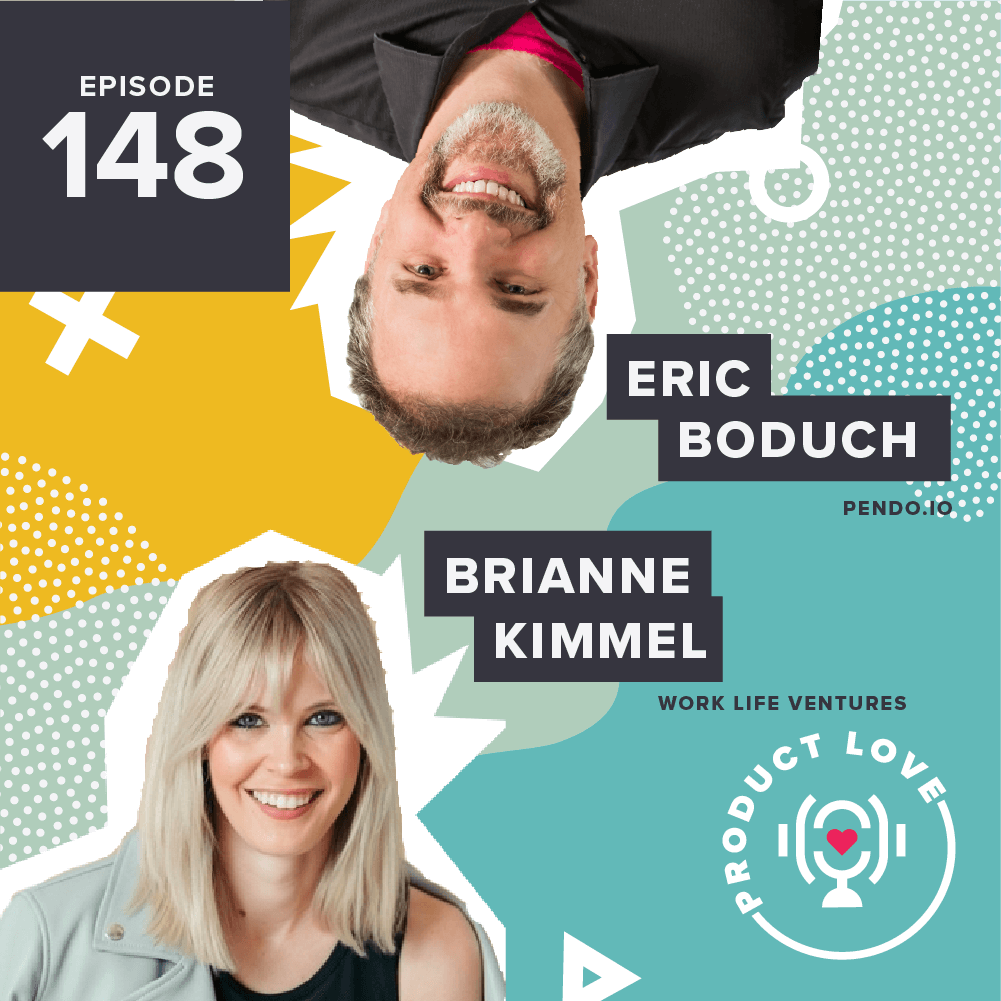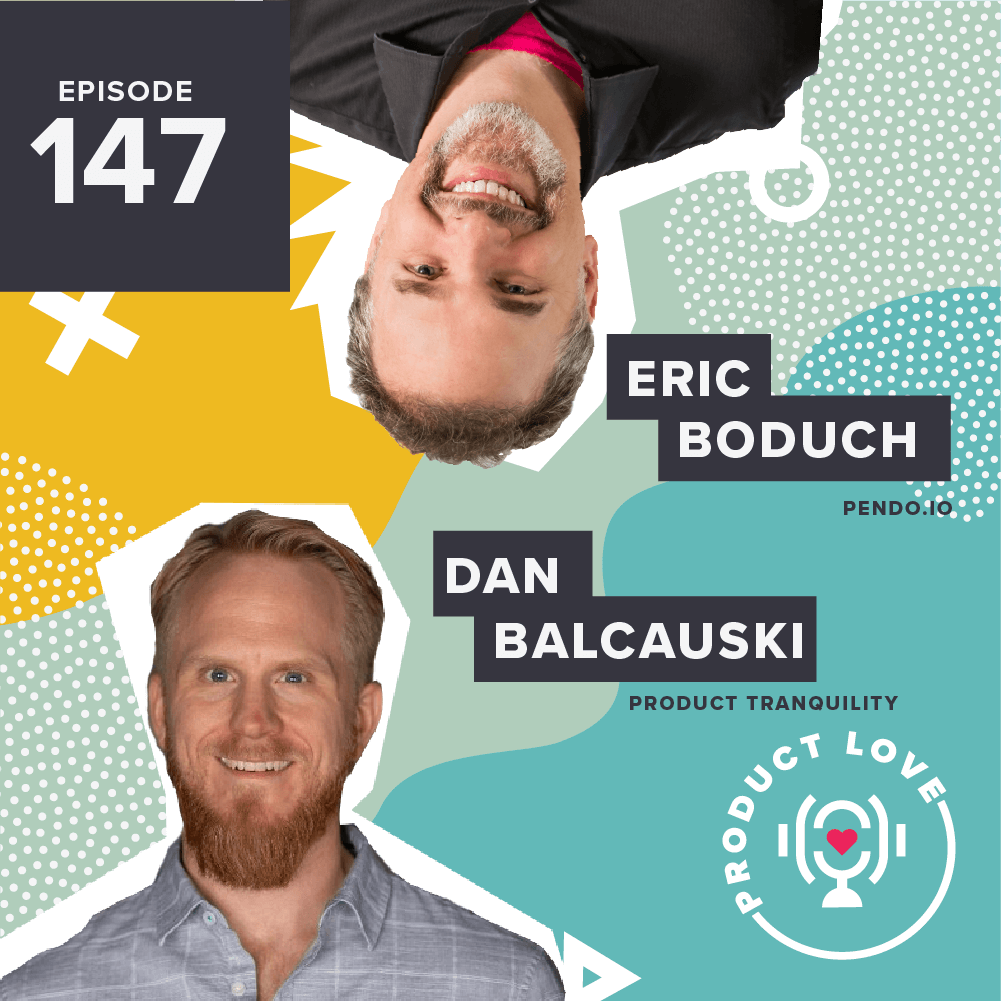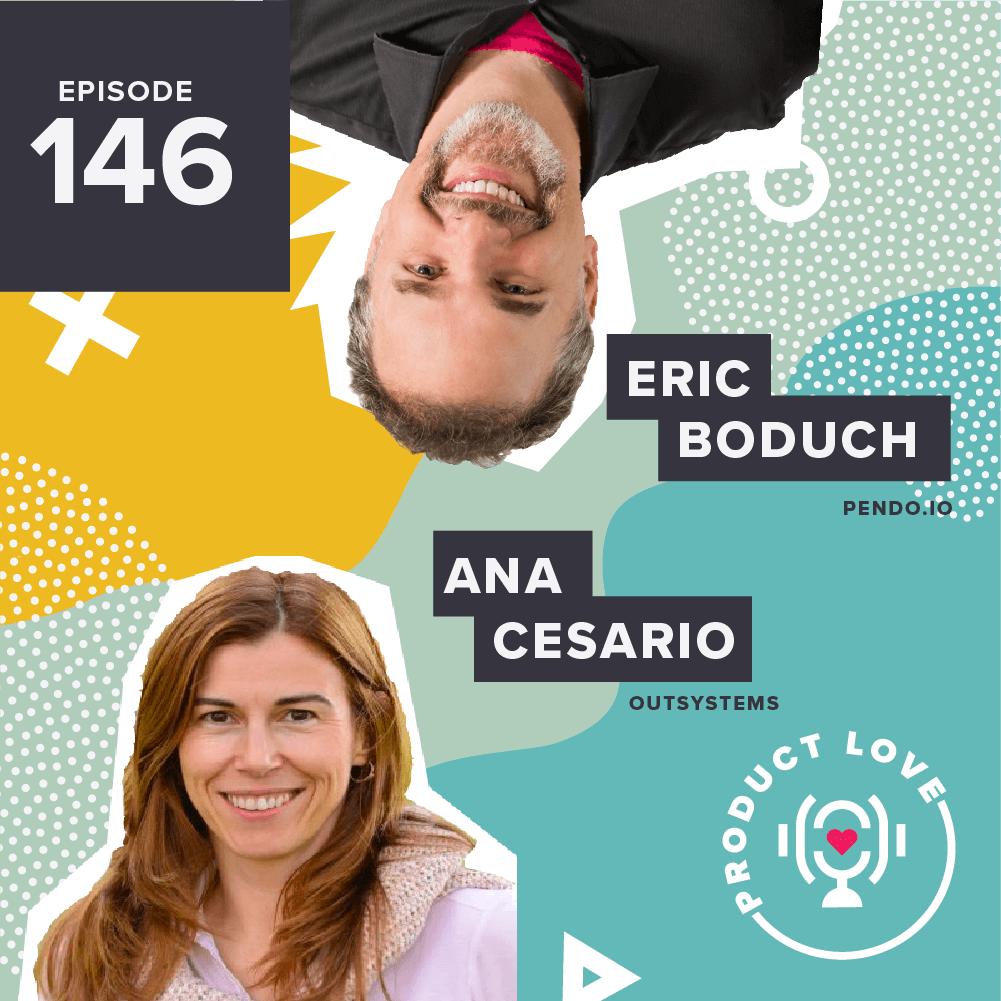This week on Product Love, I talked to Mada Seghete, co-founder and head of strategy and market development at Branch.io. Branch is a mobile linking and attribution platform that aims to solve the problems of building and growing great products.
Mada created Branch as a solution to her issues with mobile. Over time, she realized how hard it was to track the mobile experience. When someone opens an app, there’s no easy way to tell where that user came from or what they planned to do next. As a result, developers couldn’t customize their product journey. The core of Branch is to combat that by linking where mobile users are coming from to their in-app experiences.
On this episode of Product Love, we talked about how companies can drive mobile growth and virality.
How Companies Drive Mobile Growth
When people consider the mobile space, they tend to think of apps as a difficult place to acquire customers. It’s hard to track a user’s journey in mobile or figure out which campaign led them to the app in the first place. Its ambiguity makes the space less desirable until you realize that mobile users engage with and retain the app for longer than on the web.
Mada believes that the key to driving growth in this space is to have a cross-platform approach. Rather than thinking about web and mobile as silos, think of them as one. Then, you can decide when it’s the right time to take someone from web to mobile.
It’s incredibly hard and expensive to get users to download an app. Mada suggests thinking about users and their mobile journey in the context of dating. The app is the endpoint — the committed relationship. You shouldn’t ask someone to get into a relationship when you first meet them, so help them start their journey on the web. Introduce users to the product and familiarize them with your brand. Then encourage them to make the move to mobile.
Driving Virality
Mada believes that one of the biggest mistakes in building virality is creating a referral program without anything to support it. Sure, referral programs can move the needle. What people fail to notice, however, is the work that goes into them. Mada has found that virality is triggered by two elements: ego and emotion. But, they’re well supported by a third component that most tend to ignore: brand awareness.
People usually share things that make them look cool or helpful. These products must tap into either self-esteem or how they’re perceived by others. Uber is the perfect example of virality. It’s supported by a referral program in conjunction with brand awareness. While the referral process drives virality by offering helpful free rides, their modern and cool branding has helped with social sharing. If people feel good about what they’re sharing, or like they’re part of a movement, it can go viral.
To better understand virality and what triggers it, Mada suggests product managers learn more about behavioral psychology. Figure out what resonates with people and what compels them to talk about your product. Product managers might not think that brand awareness is in their domain. However, as the person who has to oversee every single detail of their product, it’s definitely worth meeting with your marketers about.
Want to learn more about Mada’s mobile experience? Check out the episode above.


